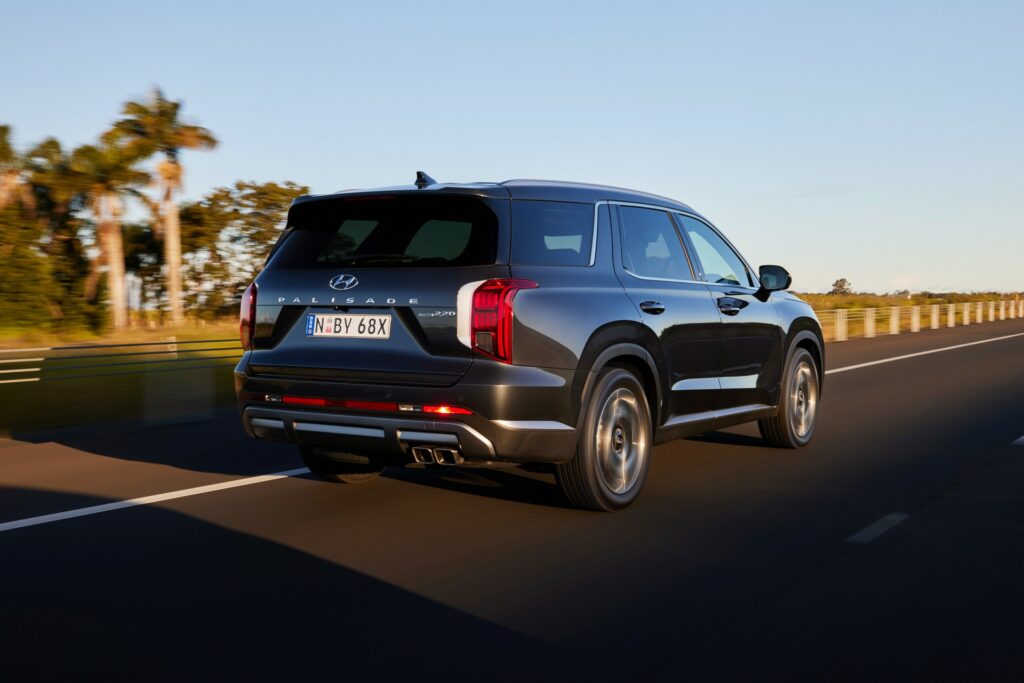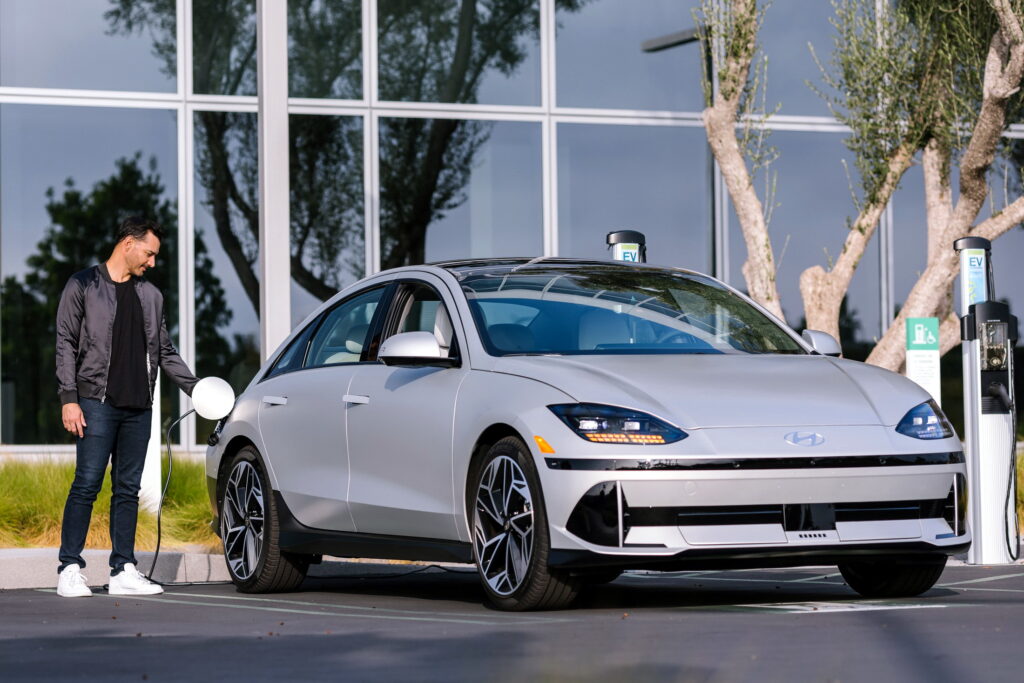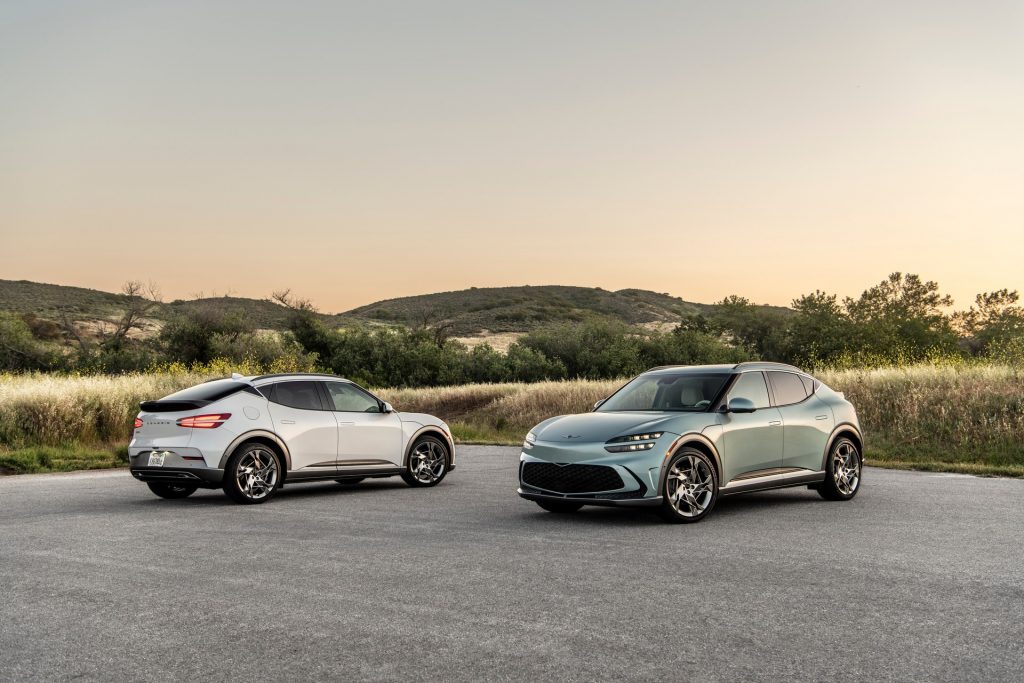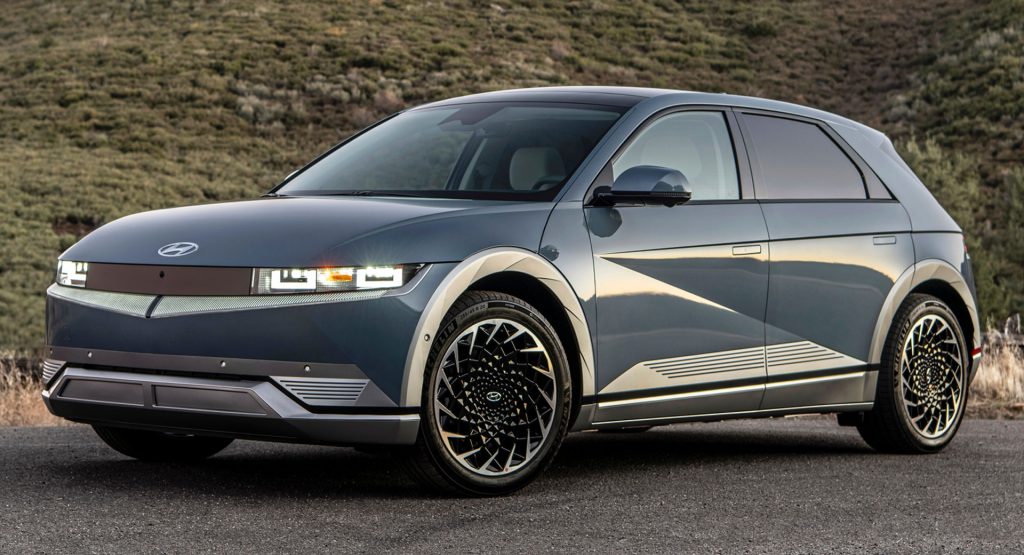Hyundai Motor Company has established itself as the world’s third-largest car manufacturer and has bold ambitions for the electrified future.
In 2021, the South Korean car manufacturer sold 6.6 million vehicles, placing it behind Toyota with 10.5 million sales and the Volkswagen Group with 8.9 million sales. This year has also been a prolific one for the company, despite ongoing supply chain issues and the suspension of production at a large factory in Russia.
“We are on the right track, and this year we were very strong,” Hyundai president and co-chief executive Jaehoon Chang told Bloomberg in a recent interview. “Our supply chain management was key. We’re trying to be flexible, and optimize and protect production as much as we can in spite of the chip shortage.”

It’s not just strong sales that have established Hyundai as an industry powerhouse. Revenues this year are expected to grow by 21 percent to 141.7 trillion won ($108 billion) which would be the highest growth rate among all major car manufacturers.
Read: U.S. May Try And Help South Korean Carmakers With Inflation Reduction Act
A key reason behind Hyundai’s growing success is its ambitious electrification plans. Not only has it released the Hyundai Ioniq 5, Kia EV6, and Genesis GV60 to critical acclaim over the last 2 years, but it plans to introduce 31 electric vehicles by 2030 across all its brands. Chang says the company is on track to sell 1.87 million EVs each year by 2030, enough to claim an 11 percent share of the U.S. market and 7 percent of the global market. Its EV success comes during a time when Toyota continues to develop hybrids and hydrogen vehicles while VW struggles to live up to its EV promises.

It’s not all sunshine and rainbows for Hyundai, nor its electric vehicle goals. The implementation of the U.S. Inflation Reduction Act requiring EVs to be assembled in North America could hurt the company’s sales while it continues construction of a $5.5 billion EV and battery facility in Georgia. Bloomberg notes that Hyundai has been working alongside the South Korean government to try and get some leeway from the U.S.
Hyundai has also yet to decide what the future holds for its large factory in St. Petersburg and Chang acknowledged it needs to “sharpen” its edge in China to reposition itself as a more upmarket brand. It is also investigating allegations that two suppliers were employing minors at plants in Alabama.




